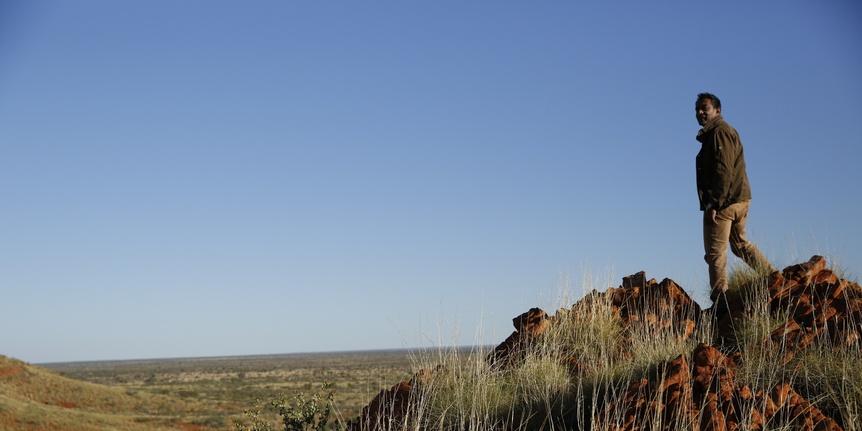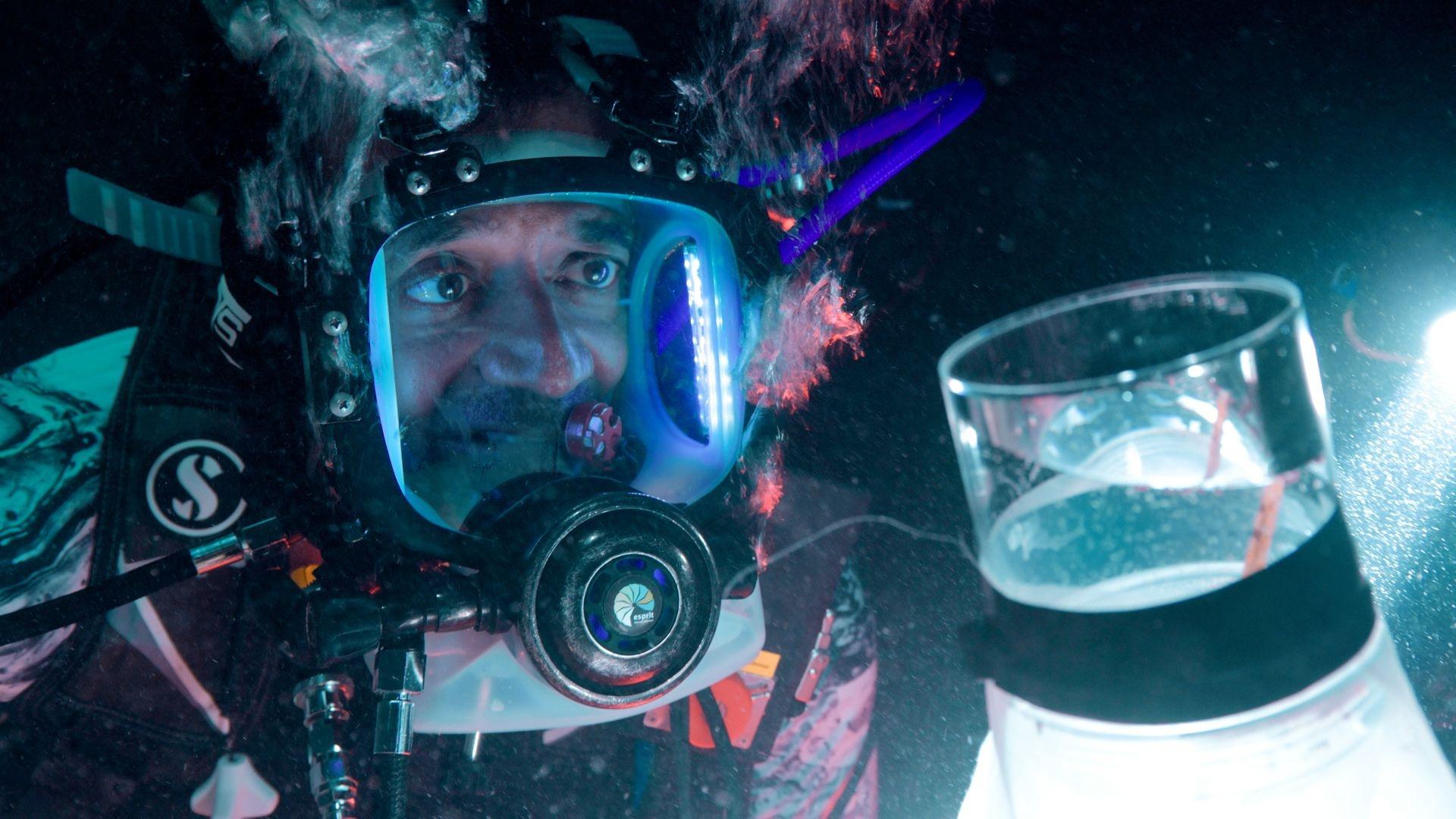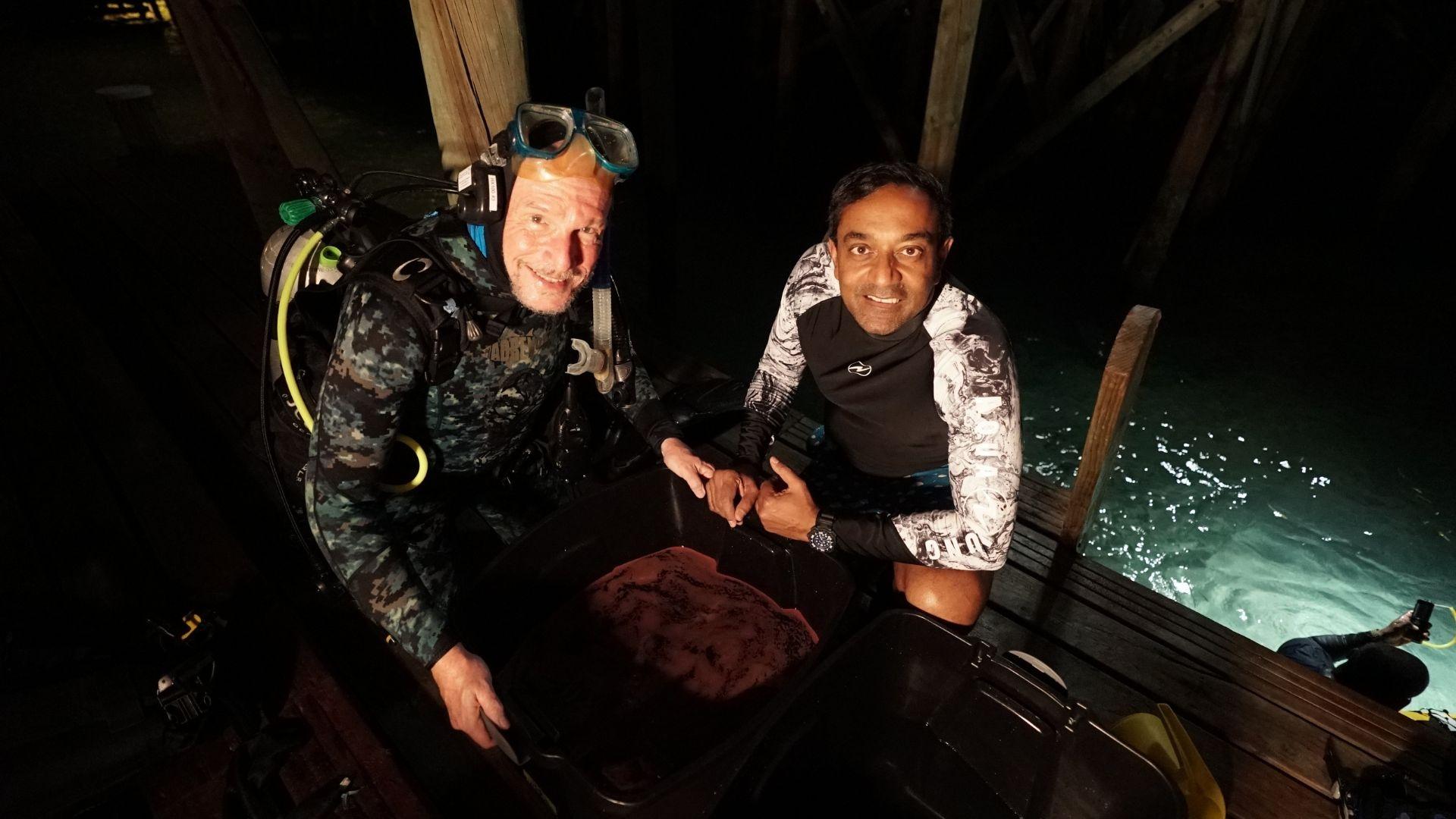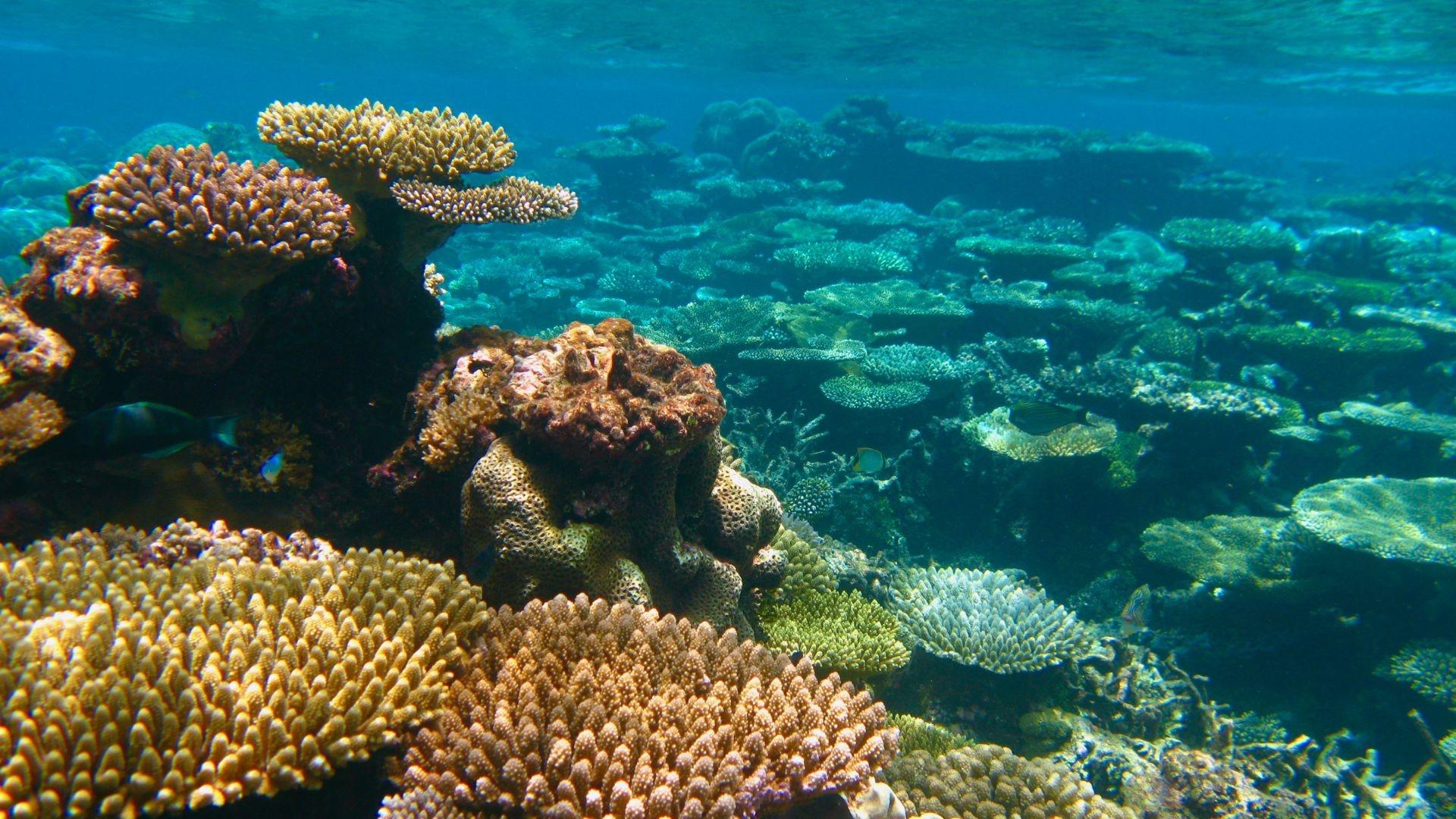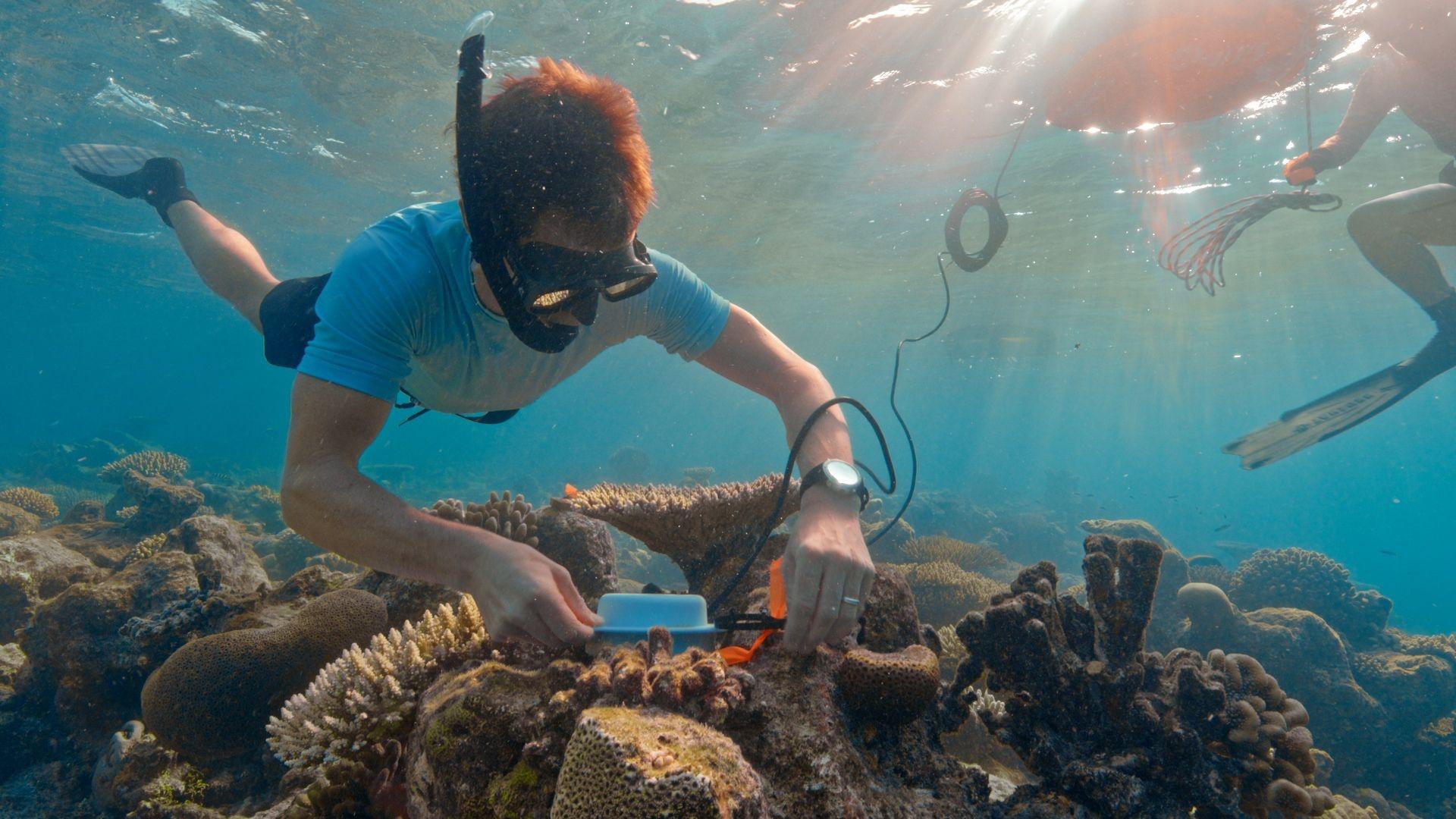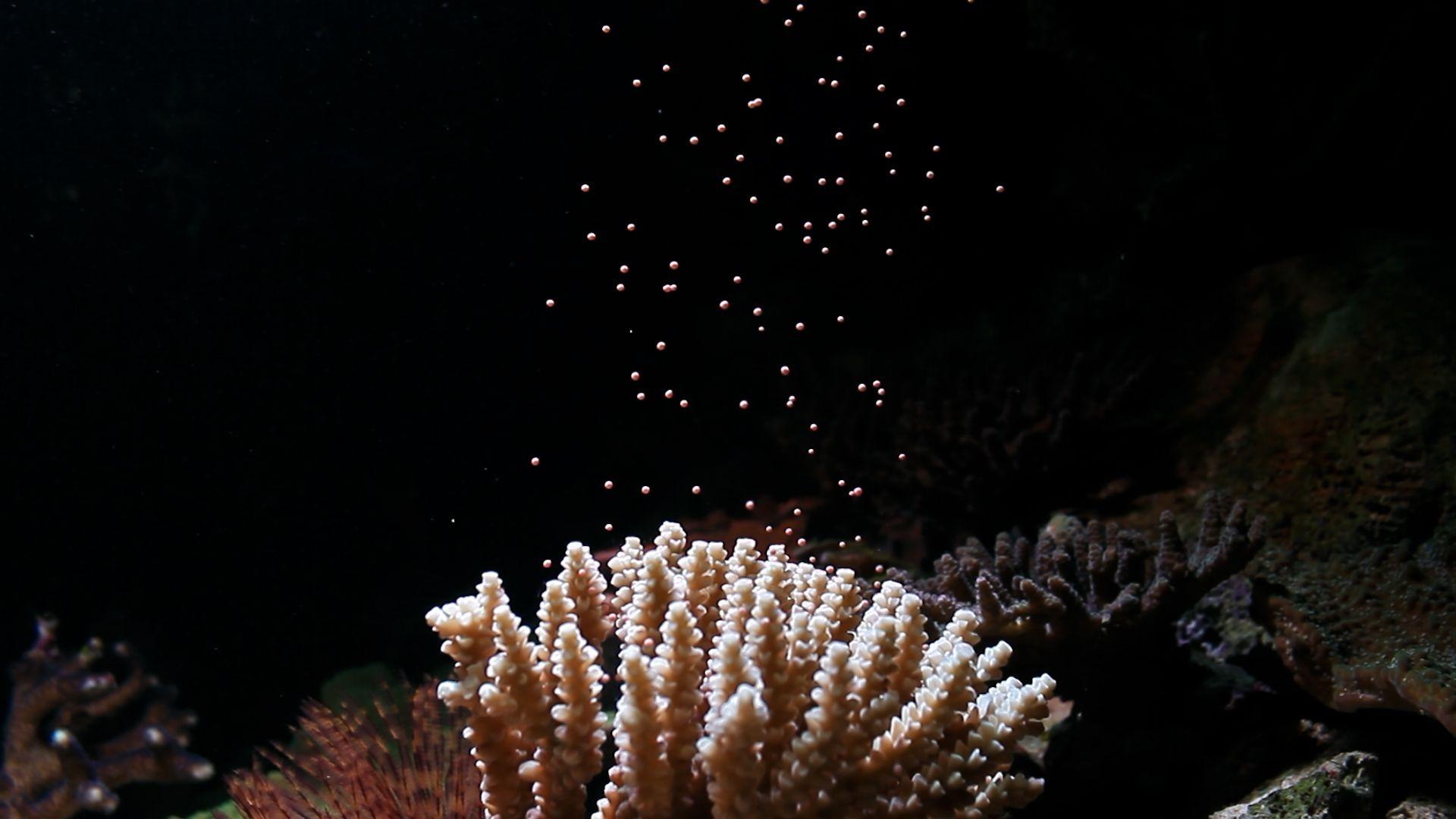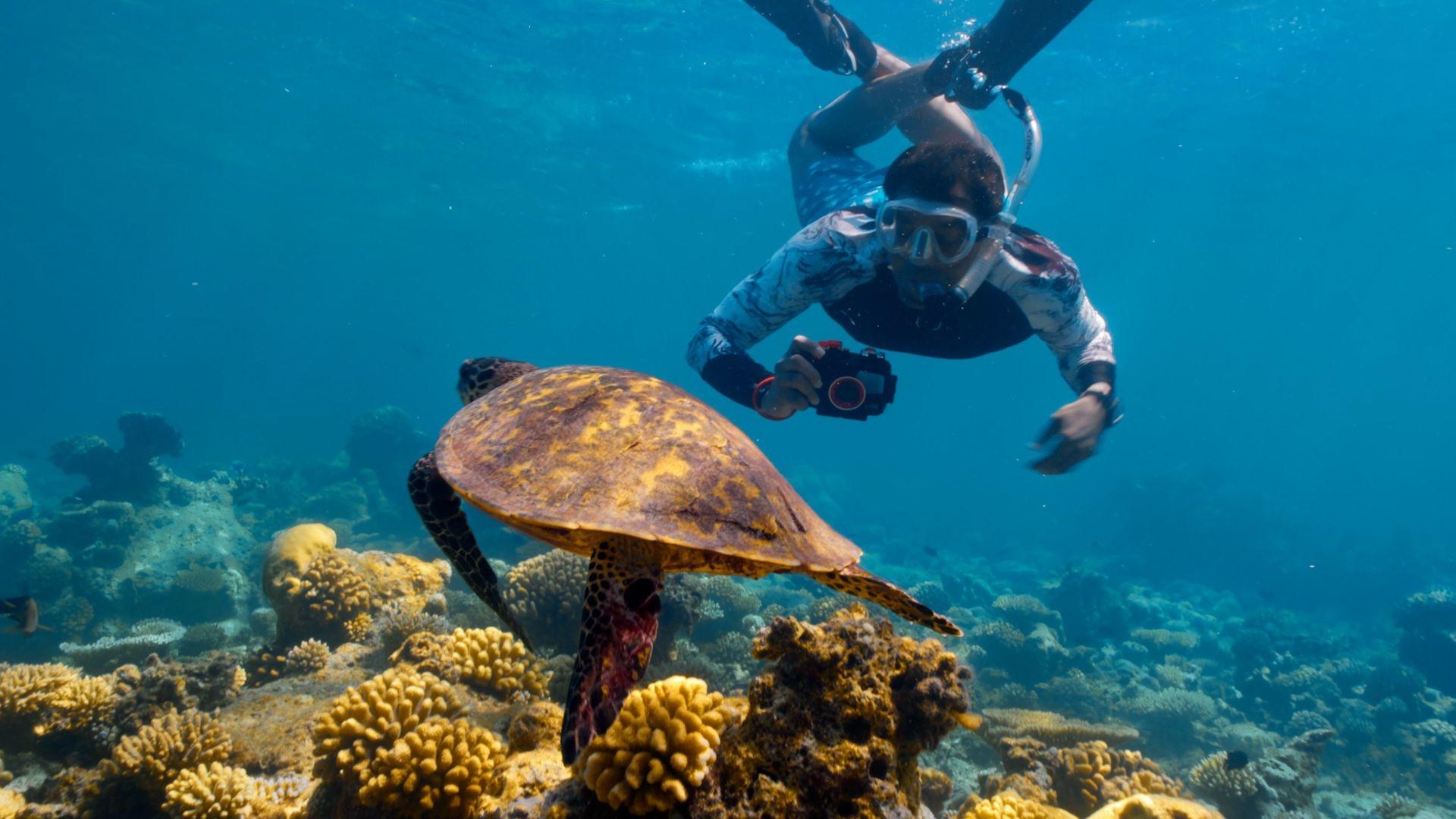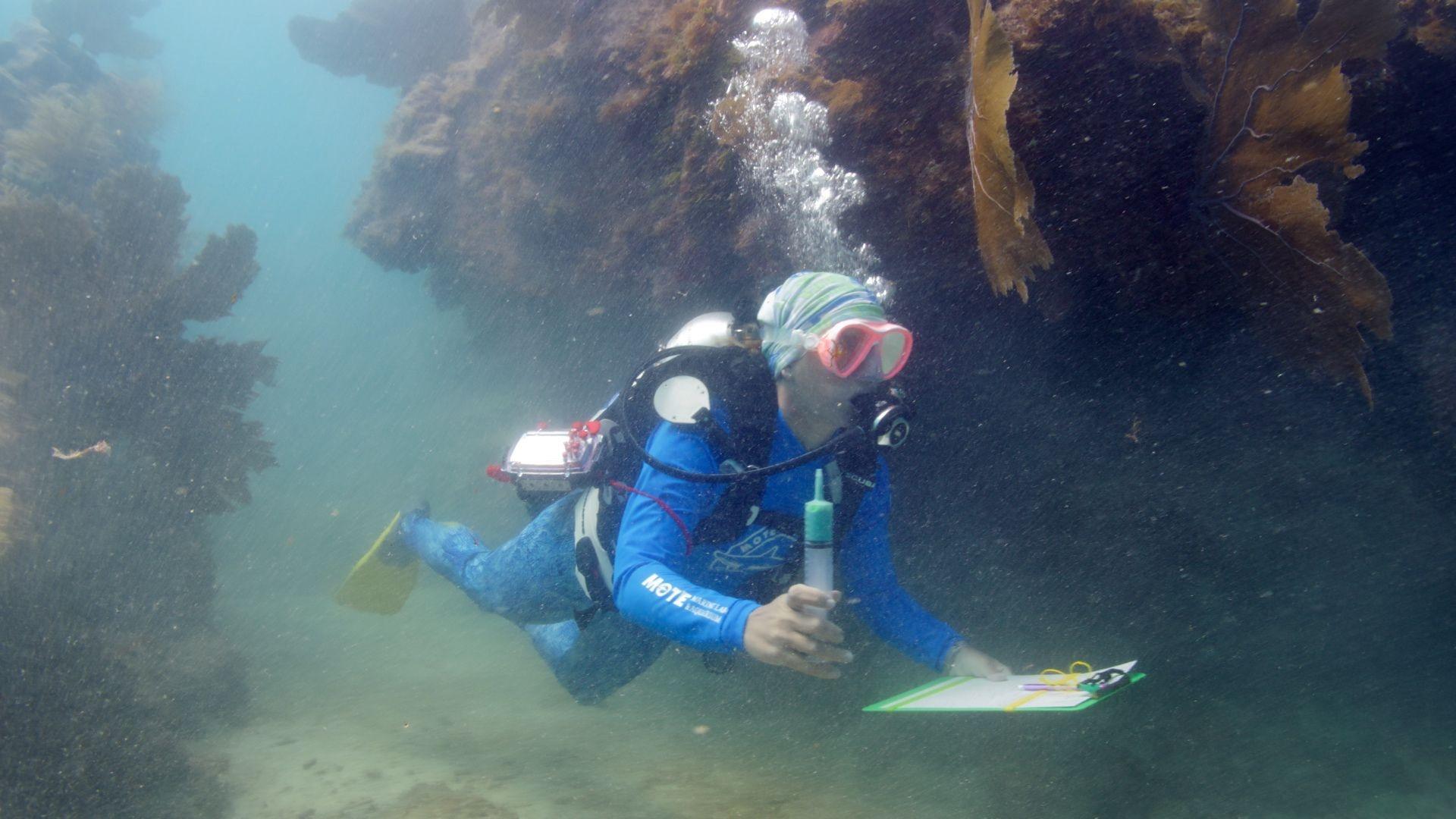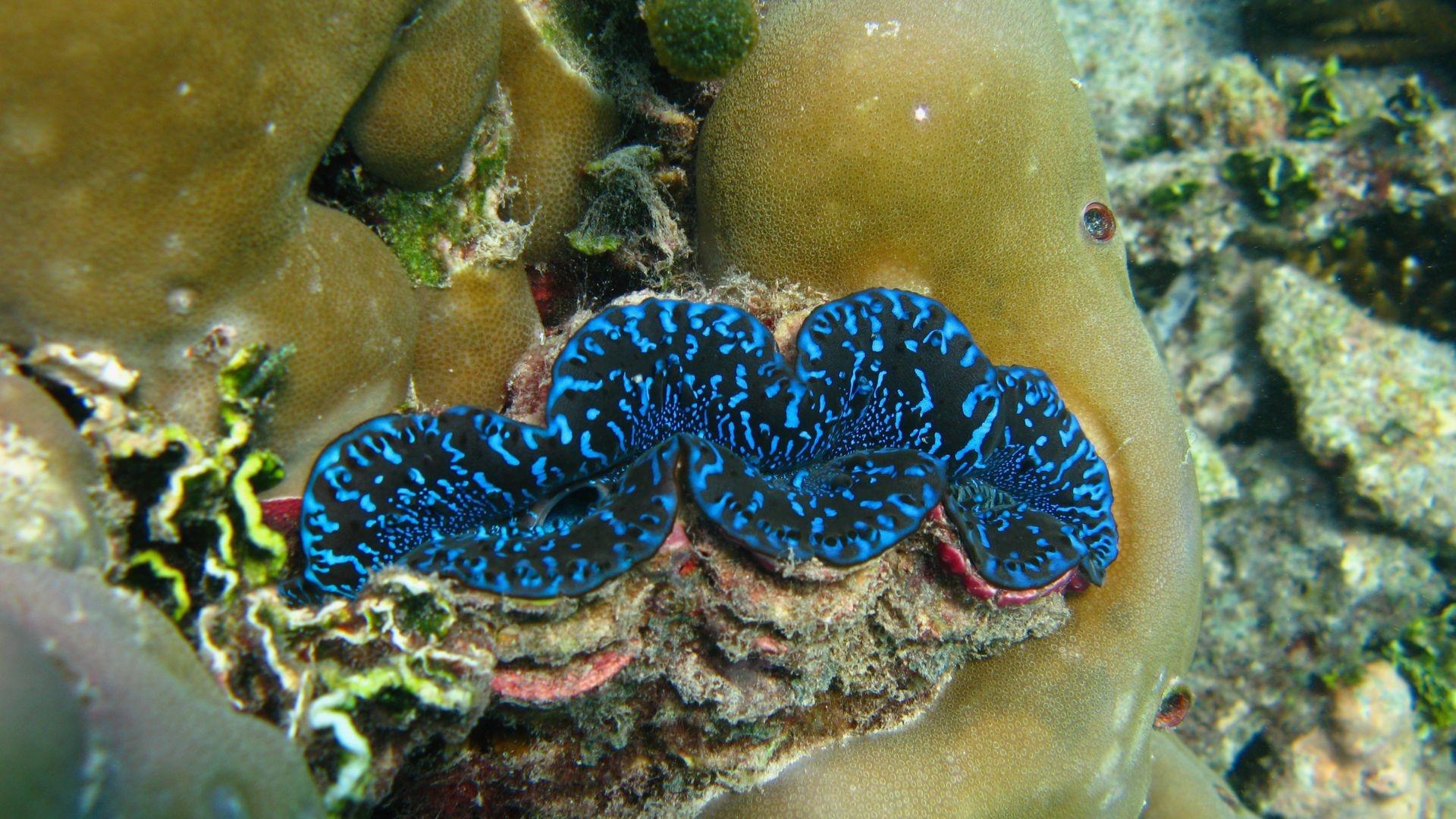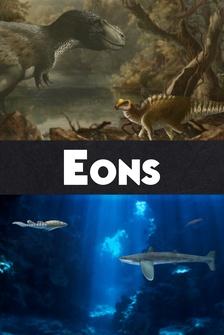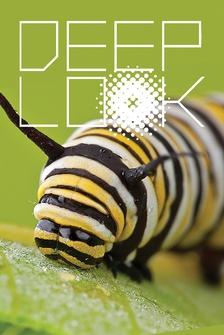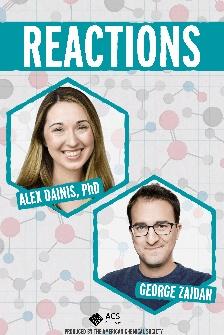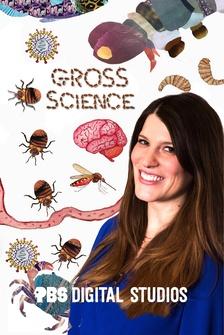


Changing Planet revisits six of our planet's most vulnerable ecosystems.
In the third year of this 7-year project examining the issues facing the planet’s most threatened ecosystems, Dr. M. Sanjayan visits the Maldives to take an in-depth look at coral reefs and the urgent efforts to help them survive climate change.
Changing Planet revisits six of our planet's most vulnerable ecosystems.
In the third year of this 7-year project examining the issues facing the planet’s most threatened ecosystems, Dr. M. Sanjayan visits the Maldives to take an in-depth look at coral reefs and the urgent efforts to help them survive climate change.
Providing Support for PBS.org
Article
Dr. M. Sanjayan On Our Climate Future
Dr. M. Sanjayan discusses how he stays optimistic about our climate future, our role in climate change, his climate heroes, and more.
Read MoreProviding Support for PBS.org
Photos from Season 3 of Changing Planet
About Season 3
In the third year of this seven-year project examining the issues facing the planet’s most threatened ecosystems, Dr. M. Sanjayan visits the Maldives to take an in-depth look at coral reefs and the urgent efforts to help them survive climate change.



Globally, coral reefs are at crisis point – warming seas cause corals to bleach and without action nearly all reefs could die off in the next few decades. There's a race against time to help damaged reefs recover. Sanjayan visits Laamu Atoll in the Maldives to take part in a world-first collaboration that could be the key to restoring reefs.
Professor Peter Harrison from Southern Cross University in Australia devised a fertility treatment to help corals reproduce more successfully, known as “coral IVF.” Corals spawn on just a few nights a year, releasing billions of eggs and sperm into the ocean. The resulting larvae settle on a reef and grow to become baby coral. In the wild, spawn is at the mercy of currents and predators - only one in a million may survive to adulthood. Peter’s technique involves collecting spawn and maximizing fertilization, then allowing the larvae to develop in the safety of a net before releasing them onto areas of the reef that need restoration, greatly increasing their chance of survival.
Now, Peter is working with a scientist who could enhance this process. Professor Steve Simpson from Bristol University in the UK discovered that coral larvae move towards the sound of a healthy reef – and it’s fish vocalizations in particular that trigger them to sink to the bottom, settle and grow. The scientists’ audacious plan is to combine Peter’s fertility treatment to create thousands of baby coral with Steve Simpson’s fish recordings to lure them to set up home on a damaged reef. This method has never been tried before but if it works it could be a global game changer for reef restoration. Sanjayan also investigates coral conservation closer to home. Florida has the third largest barrier reef in the world but it has lost 98% of its coral.
Support for PBS.org provided by:
